BBC News reports that two Gulf states have announced bans on some BlackBerry functions based on security concerns. The United Arab Emirates will block sending emails, accessing the Internet, and delivering instant messages to other Blackberry handsets, while Saudi Arabia will prevent the use of Blackberry to Blackberry instant messaging.
The Wall Street Journal posted an interesting piece on companies that use softare to capture what people type on websites and sell it to other companies. The WSJ calls such spying on Internet users, "the fastest-growing business on the Internet."
Google revealed a new imagery update for Google Earth that will soon also be available in Google Maps. The update includes high resolution aerial updates for numerous locations in the U.S., Canada, and the Netherlands, as well as high resolution satellite updates for quite a few countries.
 Intel announced a milestone confirming that light beams can replace electronic signals for future computers. The company created the world’s first end-to-end silicon photonoics connection with integrated lasers, which it says can revolutionize computer design, dramtically increase performance, and save energy.
Intel announced a milestone confirming that light beams can replace electronic signals for future computers. The company created the world’s first end-to-end silicon photonoics connection with integrated lasers, which it says can revolutionize computer design, dramtically increase performance, and save energy.
The FTC is looking into a browser-level way for consumers to opt out of behavioral advertising to avoid being tracked by advertisers, Brocasting & Cable reports.
Live Science points to a study that finds that you may increase your chances of living longer if you have strong social relationships. Interestingly, the study assessed how involved people are with their social networks and communities.
Mike Masnick at Techdirt points to a new open iPhone App Market that doesn’t require jailbreaking, and that "Apple can’t stop." It’s called OpenAppMkt, and creates an app market for iPhones via HTML. "Effectively, this is an entire ‘app market’ for the iPhone that simply routes around Apple as a gatekeeper, and there’s really not much that Apple can do to stop it. And, of course, since the apps in the OpenAppMkt are just HTML, it likely won’t be difficult for OpenAppMkt to extend this to other platforms as well, such as Android (even though Android’s much more open market means that there’s less of a reason to developers to use OpenAppMkt for Android)," he says.
Masnick also posted another interesting piece about how software firms are overwhelmingly against patents.
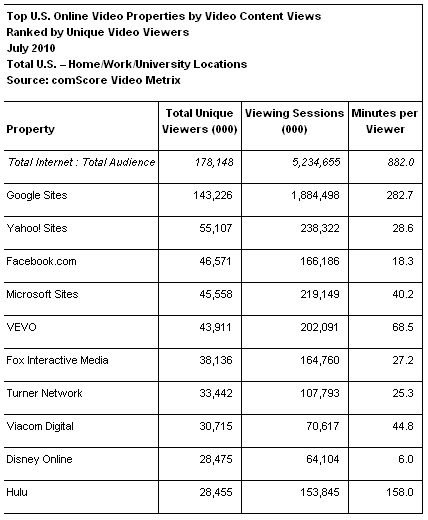
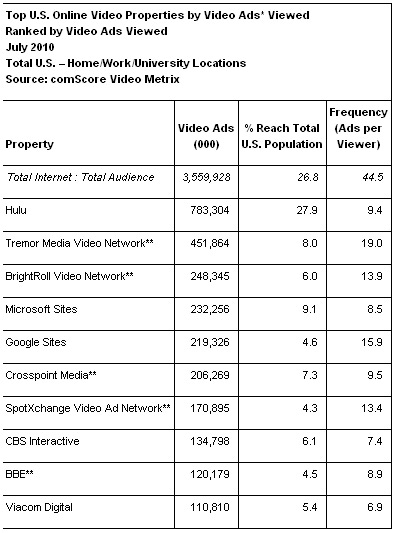



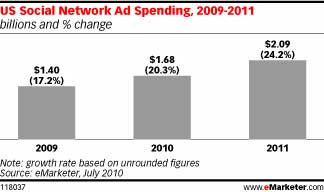
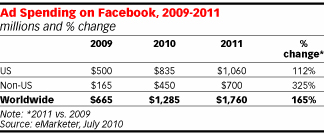
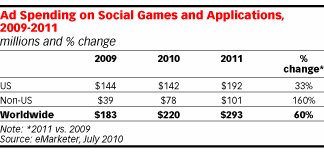
 "We are delighted to partner with Google and embark on this initiative together," said Bob Riordan, Senior Vice President,
"We are delighted to partner with Google and embark on this initiative together," said Bob Riordan, Senior Vice President, 
 "Think of Tim Armstrong’s former role running ad sales for Google and think of where Facebook needs help," said one source.
"Think of Tim Armstrong’s former role running ad sales for Google and think of where Facebook needs help," said one source.  It’s significant that Twitter was able to lure Coughlin and Levy away from their old employers, in any event. Yelp’s sales department has perhaps had to endure some negative PR in recent months, but Levy predates that mess, and Facebook isn’t exactly a dying company.
It’s significant that Twitter was able to lure Coughlin and Levy away from their old employers, in any event. Yelp’s sales department has perhaps had to endure some negative PR in recent months, but Levy predates that mess, and Facebook isn’t exactly a dying company.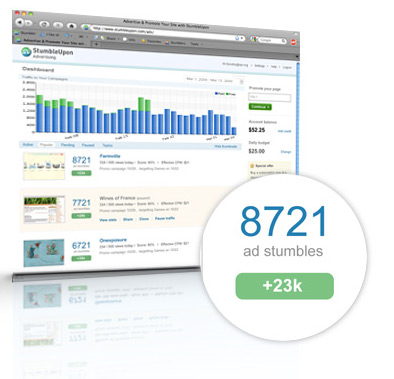 The company says that over 40,000 advertisers have used its ad platform, and year-over-year ad inclusion rate has doubled. Its number of daily active advertisers has increased by about 30%.
The company says that over 40,000 advertisers have used its ad platform, and year-over-year ad inclusion rate has doubled. Its number of daily active advertisers has increased by about 30%. "No reasonable trier of fact could find that Google’s practice of auctioning Rosetta Stone’s trademarks as keyword triggers to third party advertisers creates a likelihood of confusion as to the source or origin of Rosetta Stone’s products," U.S. District court Judge Gerald Bruce Lee in Alexandria, Va. Wrote.
"No reasonable trier of fact could find that Google’s practice of auctioning Rosetta Stone’s trademarks as keyword triggers to third party advertisers creates a likelihood of confusion as to the source or origin of Rosetta Stone’s products," U.S. District court Judge Gerald Bruce Lee in Alexandria, Va. Wrote. Anyway, Facebook doesn’t intend to let all that cash collect dust. Vaughan Smith, its director of business and corporate development, said, "As we get bigger and our platform gets more stable, I fully expect that we will be doing more significant acquisitions. This is working for us, and it’s working for the people that we’re acquiring."
Anyway, Facebook doesn’t intend to let all that cash collect dust. Vaughan Smith, its director of business and corporate development, said, "As we get bigger and our platform gets more stable, I fully expect that we will be doing more significant acquisitions. This is working for us, and it’s working for the people that we’re acquiring."
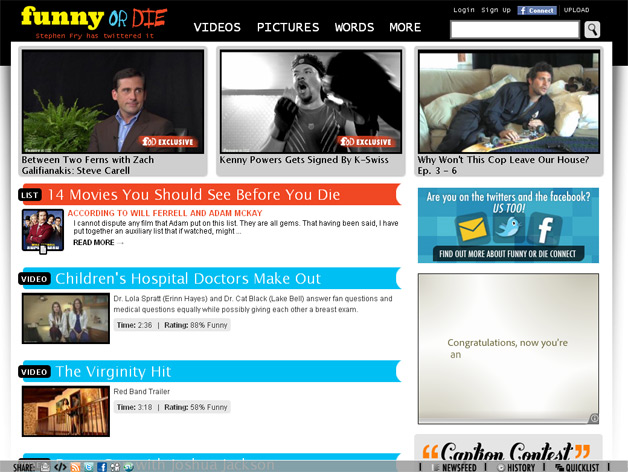

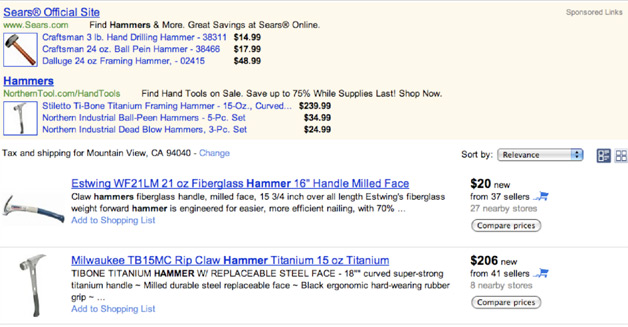

 "If you work with another company to manage your AdWords campaigns, you should be able to find out how much of your advertising budget (cost) was spent on AdWords, how many times your ads appeared (impressions) and how many times users clicked on your ads (clicks)," he adds.
"If you work with another company to manage your AdWords campaigns, you should be able to find out how much of your advertising budget (cost) was spent on AdWords, how many times your ads appeared (impressions) and how many times users clicked on your ads (clicks)," he adds.